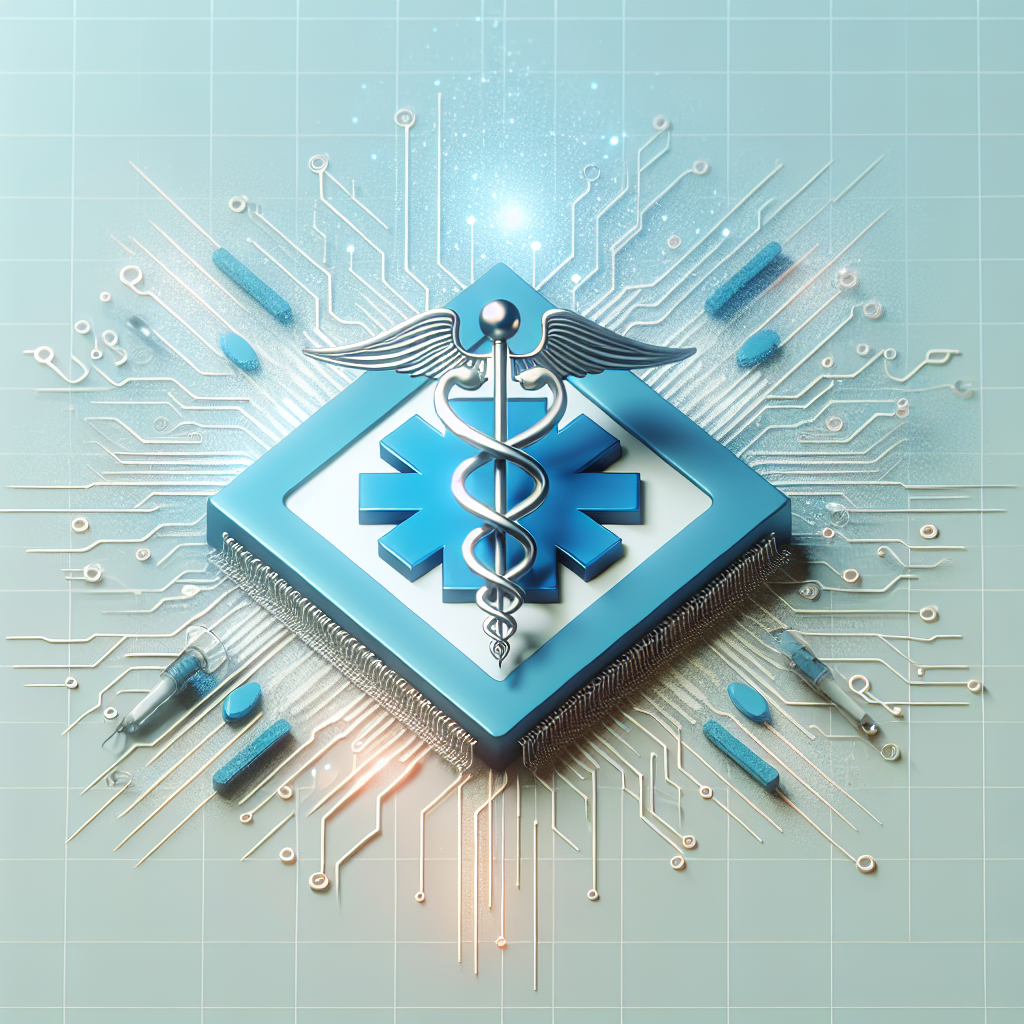Artificial Intelligence (AI) is revolutionizing many industries, and healthcare is no exception. With the increasing amount of data being generated in the healthcare industry, AI can play a crucial role in enhancing compliance with regulations and improving patient care. In this article, we will explore the benefits of AI integration in healthcare compliance and address some common questions surrounding this topic.
Benefits of AI Integration in Healthcare Compliance:
1. Enhanced Data Security: AI can help healthcare organizations maintain compliance with regulations such as the Health Insurance Portability and Accountability Act (HIPAA) by improving data security. AI algorithms can detect and prevent security breaches, unauthorized access, and data leaks, ensuring that patient information is protected at all times.
2. Improved Regulatory Compliance: Healthcare regulations are constantly evolving, and it can be challenging for organizations to keep up with the changes. AI can help automate compliance monitoring and reporting processes, making it easier for healthcare providers to adhere to regulations and avoid costly penalties.
3. Predictive Analytics: AI can analyze large volumes of data to identify patterns and trends that can help healthcare organizations predict potential compliance issues before they occur. By leveraging predictive analytics, healthcare providers can proactively address compliance risks and improve overall regulatory compliance.
4. Streamlined Documentation: AI-powered tools can automate the documentation process, making it easier for healthcare providers to create accurate and thorough patient records. By streamlining documentation processes, AI can help reduce errors and ensure compliance with regulatory requirements.
5. Personalized Care: AI can analyze patient data to provide personalized treatment plans and recommendations, improving patient outcomes and satisfaction. By leveraging AI-powered tools, healthcare providers can deliver more effective and personalized care while ensuring compliance with regulatory requirements.
Common Questions about AI Integration in Healthcare Compliance:
1. How can AI help healthcare organizations maintain compliance with regulations such as HIPAA?
AI can help healthcare organizations maintain compliance with regulations such as HIPAA by improving data security, automating compliance monitoring and reporting processes, and leveraging predictive analytics to identify potential compliance issues. By implementing AI-powered tools, healthcare providers can enhance their compliance efforts and ensure that patient information is protected at all times.
2. What are some examples of AI applications in healthcare compliance?
Some examples of AI applications in healthcare compliance include AI-powered tools for data security, compliance monitoring, documentation automation, and predictive analytics. These tools can help healthcare organizations maintain compliance with regulations and improve patient care by leveraging AI technologies to analyze data, detect patterns, and identify potential compliance risks.
3. How can healthcare providers ensure the ethical use of AI in compliance efforts?
Healthcare providers can ensure the ethical use of AI in compliance efforts by implementing robust data governance policies, conducting regular audits of AI algorithms, and ensuring transparency in AI decision-making processes. By prioritizing ethical considerations, healthcare organizations can leverage AI technologies to enhance compliance efforts while upholding patient privacy and trust.
4. What are some challenges associated with AI integration in healthcare compliance?
Some challenges associated with AI integration in healthcare compliance include data security concerns, regulatory complexity, and the need for specialized training and expertise. Healthcare organizations must address these challenges by implementing robust data security measures, staying up-to-date on regulatory requirements, and investing in training programs to ensure that staff are proficient in AI technologies.
In conclusion, AI integration in healthcare compliance offers numerous benefits, including enhanced data security, improved regulatory compliance, predictive analytics, streamlined documentation, and personalized care. By leveraging AI-powered tools, healthcare organizations can enhance their compliance efforts, improve patient care, and stay ahead of regulatory requirements. However, it is essential for healthcare providers to address challenges associated with AI integration, such as data security concerns and regulatory complexity, to ensure the ethical use of AI technologies in compliance efforts. By prioritizing ethical considerations and investing in training programs, healthcare organizations can successfully integrate AI into their compliance efforts and reap the benefits of this transformative technology.

